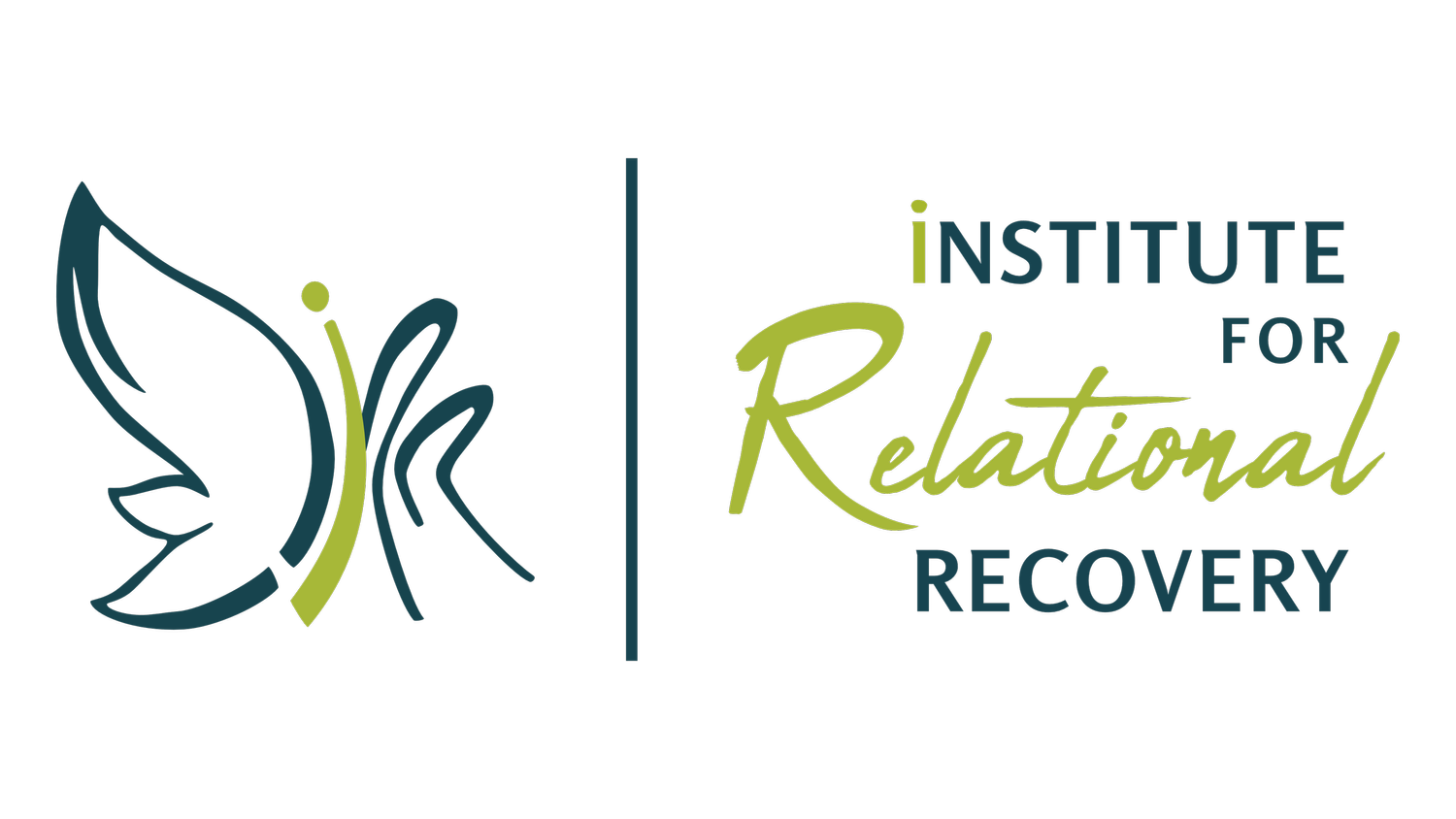Parts Work in Therapy: Understanding Your Inner World
Alex Cohan, MS, LPC-Associate, NCC
Have you ever felt pulled in multiple directions, as if there are different voices or emotions within you, each wanting something different? Perhaps you recognize an inner critic who always seems to whisper doubt, or a part that feels scared whenever life gets challenging. You’re not alone. These experiences are common and often signal opportunities for deeper understanding and healing.
Parts Work (like Internal Family Systems or IFS) is an insightful approach to therapy that helps you gently explore these inner voices, subpersonalities, or “parts,” enabling you to better understand yourself and create lasting emotional change.
What exactly is "Parts Work"?
Parts Work is grounded in the idea that each of us consists of multiple inner parts, each with unique perspectives, feelings, and motivations. You might recognize these parts as aspects like your inner critic, a scared child, an ambitious achiever, or a self-neglecting caretaker. Each part developed at different times in your life, often as ways to cope or adapt to life’s circumstances.
Importantly, Parts Work embraces the compassionate view that every part has a positive intent, even if its behavior may seem challenging or confusing. The goal of Parts Work is to help you understand these different parts of yourself, resolve conflicts, and nurture inner harmony.
How does Parts Work therapy operate?
Several therapeutic models incorporate the principles of Parts Work, each with unique nuances:
Internal Family Systems (IFS) created by Richard Schwartz, emphasizes accessing your inner "self," a calm and wise presence that naturally fosters compassion and healing for your various parts.
Gestalt therapy uses creative and experiential methods to help you experience parts directly, promoting integration and awareness through techniques like the "empty chair" dialogue.
Psychosynthesis integrates various parts into a coherent and harmonious whole, emphasizing personal growth, self-awareness, and spiritual development.
Post-Induction Therapy (PIT) created by Pia Mellody, centers on healing childhood relational trauma by identifying and integrating parts of the self, such as The Wounded Child and The Adapted Adult Child, and strengthening The Functional Adult. This is done through experiential exercises involving inner-parts dialogue, as well as feeling reduction using Gestalt “empty chair” techniques.
These methods share the goal of helping you cultivate deeper self-understanding, emotional balance, and integration of all parts of your personality.
What can Parts Work help with?
Parts Work is beneficial if you’re navigating challenges such as:
Trauma. Parts Work gently engages traumatized parts of the self, fostering safety, healing, and recovery without overwhelming you.
Anxiety. By connecting with anxious parts compassionately, you can understand underlying fears and develop more supportive internal responses.
Inner conflict. If you feel torn about significant life decisions or experience internal contradictions, Parts Work helps reconcile these tensions into unified choices.
Self-criticism. It teaches you to dialogue kindly with critical parts, reducing harsh inner voices and cultivating self-compassion.
Relationship difficulties. You can learn to compassionately resolve conflicts and experience deeper connections by identifying the parts that hold you back.
How is Parts Work different from traditional therapy?
Traditional talk therapies often focus primarily on cognitive insights by talking through issues logically or analytically. While valuable, they might overlook the emotional depth and complexity held within your various inner parts.
In contrast, Parts Work therapy involves more than intellectual analysis. It prioritizes emotionally immersive experiences, helping you build relationships with different aspects of yourself. In addition to discussing your problems, Parts Work invites you to engage directly with the feelings and motivations beneath your behaviors, facilitating deeper healing and transformation.
What can you expect during a Parts Work session?
During your Parts Work sessions, you can anticipate an atmosphere of warmth, empathy, and emotional safety. Your therapist acts as a guide, helping you gently navigate your inner world at a pace that feels comfortable for you.
Sessions might involve:
Identifying specific parts and their roles
Engaging parts through imaginative or experiential dialogues
Exploring emotional and sensory experiences associated with your parts
Encouraging compassionate relationships between parts
Fostering your connection to your core "self"
The therapeutic relationship in Parts Work is collaborative and respectful. Your therapist supports you in exploring, understanding, and integrating your inner world, always respecting your needs and boundaries.
Creating Inner Harmony: An Invitation
Exploring your inner world through Parts Work can lead to significant personal transformation, greater self-compassion, and emotional well-being. You don’t have to navigate this alone. This is a journey where skilled, compassionate guidance makes a profound difference.
If you feel curious about your inner parts or recognize the tug of internal conflict or self-criticism, consider this your invitation. Reach out today to learn more or schedule a consultation for Parts Work therapy or IFS near you. We are here to support you.
Get started at the Institute for Relational Recovery
If you live in Texas and want to work with a therapist individually, with a group, or both, contact us on our contact page or call (214) 906-5138 and get started today.
About the Author
Alex Cohan, MS, LPC-Associate, NCC
(Appointments available online and in person)
Alex specializes in treating those with anxiety, depression, trauma, relational challenges, and difficult life transitions, using a variety of experiential approaches, including Coherence Therapy, EMDR, and "parts" models like Internal Family Systems (IFS) and Psychosynthesis.
He believes that these therapy models allow you to access and heal each area of your mind, fostering a sense of inner harmony by updating the emotional patterns that no longer serve you.
Alex is a Nationally Certified Counselor (NCC) with a Master of Science in Counseling from Southern Methodist University, where he specialized in trauma studies. He believes therapy is a collaborative process and strives to create a compassionate, non-judgmental space for growth.
To learn more about Alex Cohan or to get in contact, click HERE.






